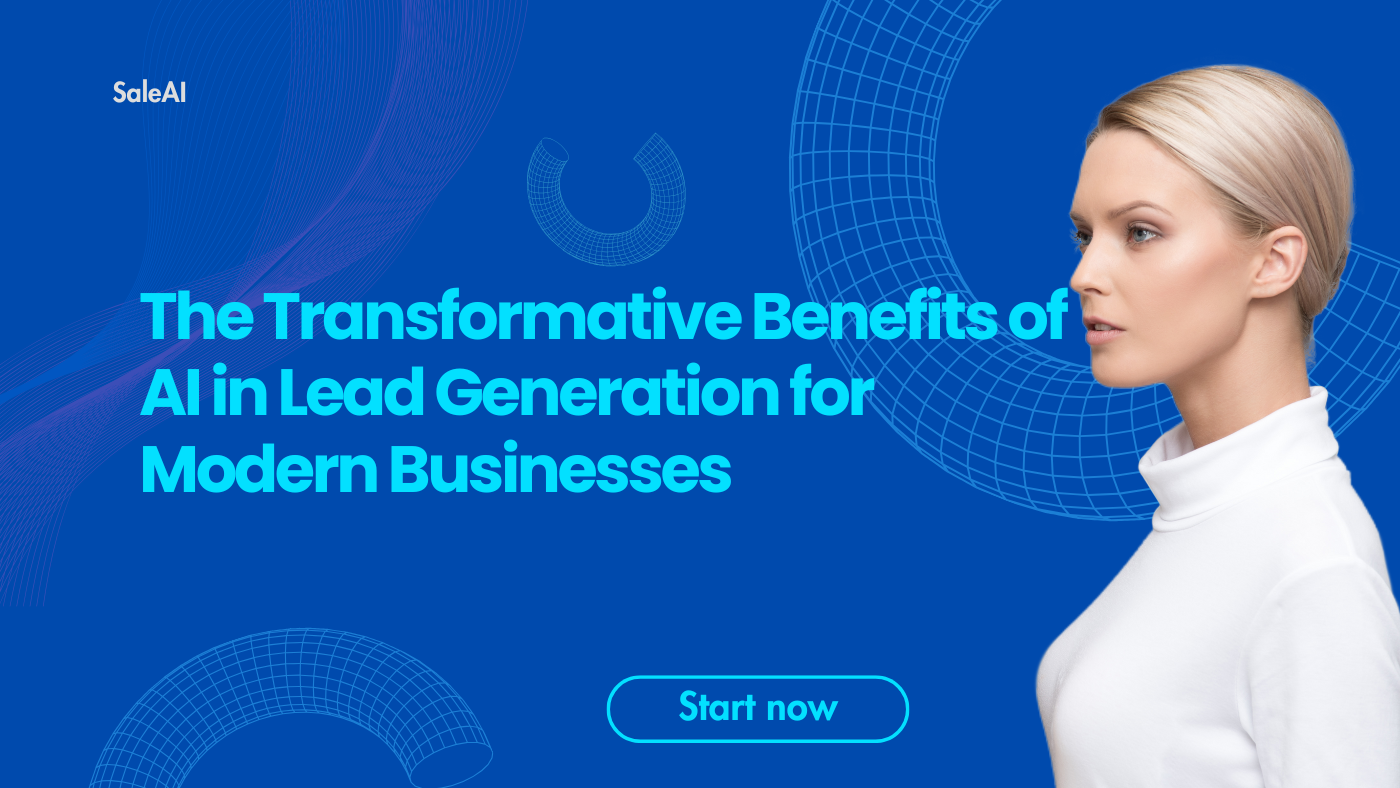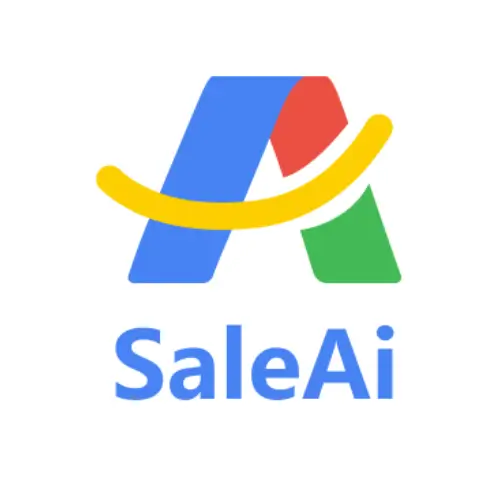
Introduction: AI is Redefining Lead Generation
The integration of Artificial Intelligence (AI) into business processes has shifted from being a trend to a necessity. One of the most profound changes AI has brought is in lead generation, an area critical for growth. Traditional methods of generating leads—cold outreach, manual research, and generic messaging—are no longer sufficient in a world where personalization and speed are paramount.
AI in lead generation is not just about automation; it’s about working smarter. By leveraging machine learning and data analytics, AI transforms the way businesses identify, qualify, and engage potential customers. This article explores the key benefits of using AI in lead generation and how it’s helping businesses achieve greater efficiency and results.
a. Precision Targeting: Finding the Right Leads
One of the most significant advantages of AI is its ability to target leads with unparalleled accuracy. Unlike traditional methods that rely heavily on static databases, AI tools dynamically analyze vast datasets, including:
- Online behaviors (e.g., website visits and content downloads).
- Social media interactions and engagement.
- Firmographic data, such as company size, industry, and revenue.
How it Works:
AI algorithms identify patterns and buying signals, automatically matching potential leads with your ideal customer profile (ICP). For example:
- A B2B software company can discover leads actively searching for automation tools by analyzing search intent data.
- Exporters can filter buyers based on import behaviors and trade activity using customs data.
Result: AI ensures your team focuses only on high-quality leads, significantly improving conversion rates while reducing wasted effort.
b. Automating Repetitive Tasks
Lead generation involves numerous repetitive tasks, such as:
- Researching contact information.
- Sending follow-up emails.
- Logging engagement data into CRM systems.
AI tools automate these workflows, freeing up your sales team to focus on building relationships and closing deals.
Specific Use Cases:
- Email Automation: AI tools like SaleAI generate personalized email sequences based on lead behavior, ensuring timely follow-ups.
- Data Enrichment: AI updates lead profiles with real-time information, such as job changes or new buying signals.
- Lead Qualification: Instead of manually assessing each lead, AI scores and prioritizes leads based on their likelihood to convert.
Impact: Businesses save time, reduce operational costs, and increase overall productivity.
c. Real-Time Insights for Smarter Decisions
AI doesn’t just gather data; it transforms it into actionable insights. Sales teams can track and analyze:
- Which campaigns are generating the most leads.
- Which channels (email, social media, etc.) are most effective for engagement.
- Lead behaviors, such as website visits, downloads, or email clicks.
Why This Matters:
Real-time insights allow businesses to:
- Adjust campaigns instantly to improve performance.
- Identify bottlenecks in the sales funnel.
- Personalize messaging based on the lead's stage in the buyer journey.
Example: A retail business using AI notices that leads in the research phase respond better to educational content than promotional offers. They adjust their strategy accordingly, resulting in higher engagement.
d. Scalability Without Compromising Quality
As businesses grow, managing lead generation at scale becomes a challenge. Traditional methods often result in a trade-off between quantity and quality. AI eliminates this issue by:
- Automating the processing of thousands of leads simultaneously.
- Ensuring each lead is analyzed and scored accurately, regardless of volume.
Who Benefits:
- Small Businesses: Scale lead generation without hiring additional staff.
- Large Enterprises: Manage global campaigns across multiple markets with consistent quality.
Outcome: Businesses can scale their efforts while maintaining the precision and personalization needed to convert leads into customers.
e. Personalization at Scale
In today’s market, generic outreach doesn’t work. Buyers expect tailored experiences that address their specific needs and pain points. AI makes this possible by:
- Analyzing lead data to identify preferences and challenges.
- Crafting dynamic content that adapts to the lead’s profile.
- Sending personalized messages across multiple channels.
Examples of AI-Driven Personalization:
- An e-commerce platform uses AI to recommend products based on browsing history.
- A B2B marketer creates content that aligns with a lead’s industry and role.
The Result: Personalization increases email open rates, engagement, and ultimately, conversion rates.
f. Predictive Analytics: Anticipating Customer Needs
Predictive analytics powered by AI takes lead generation to the next level by:
- Forecasting future buying behaviors based on historical data.
- Identifying the best time to contact leads.
- Highlighting trends that signal new opportunities (e.g., a spike in demand for a specific product).
How Businesses Use Predictive Analytics:
- A SaaS company predicts which leads are likely to renew their subscription and focuses retention efforts on them.
- Exporters identify regions with growing demand for their products and adjust their market entry strategies accordingly.
Key Advantage: Businesses can proactively address customer needs, staying ahead of competitors.
g. Reducing Human Bias and Errors
Traditional lead generation often involves subjective decision-making, which can result in missed opportunities or wasted resources. AI eliminates this by:
- Using data-driven algorithms to assess leads objectively.
- Ensuring consistency in lead scoring and qualification.
- Reducing errors in data entry and campaign execution.
Bottom Line: With AI, businesses make better decisions based on facts, not guesswork.
Challenges of AI in Lead Generation (and How to Overcome Them)
a. Initial Setup Complexity
Many businesses are hesitant to adopt AI due to perceived complexity.
Solution: Platforms like SaleAI offer intuitive interfaces and support, making implementation seamless.
b. Data Privacy Concerns
AI relies on data, which raises privacy questions.
Solution: Work with AI providers that prioritize compliance with global data protection regulations, such as GDPR.
c. Over-Reliance on Automation
While AI is powerful, human judgment is still essential.
Solution: Treat AI as a tool to enhance, not replace, your team’s efforts.
Conclusion: Why AI is the Future of Lead Generation
AI in lead generation is not just an enhancement—it’s a transformation. By improving lead quality, automating repetitive tasks, and delivering actionable insights, AI empowers businesses to achieve more with less effort.
Whether you’re a small startup or a large enterprise, integrating AI into your lead generation strategy is no longer optional—it’s essential for staying competitive in a fast-moving market.




